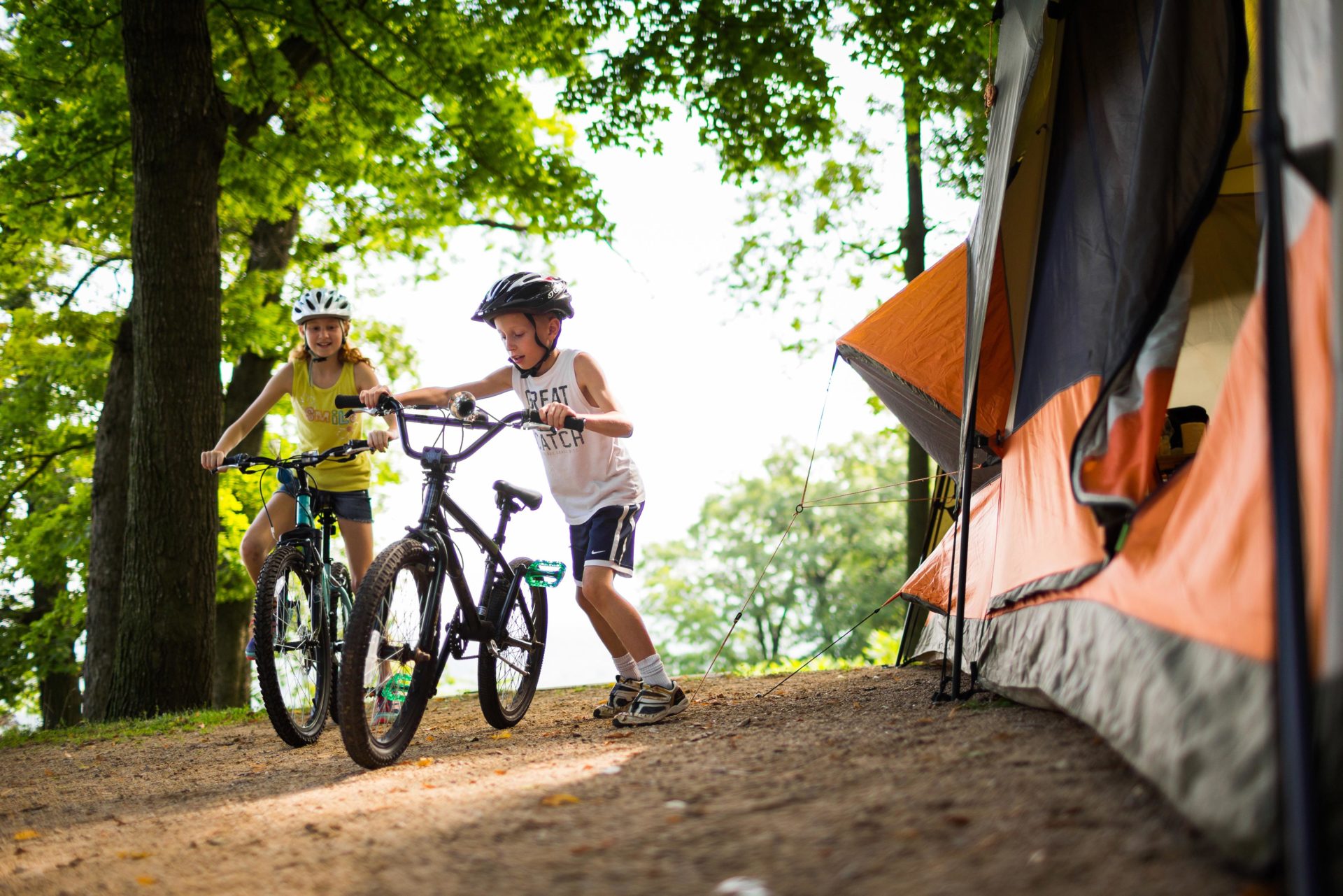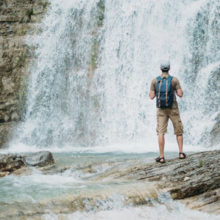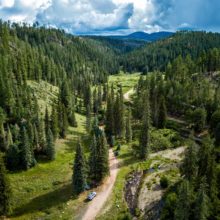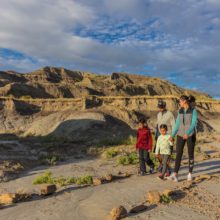Outdoor recreation drives significant economic activity across diverse economic sectors in Wisconsin. More than 93,000 jobs are supported by outdoor recreation, and $7.8 billion is contributed to the state gross domestic product by the outdoor recreation industry.

Outdoor recreation contributes $7.8 billion to Wisconsin GDP.
The outdoor recreation economy contributes $7.8 billion, or 2.4%, to state GDP. The outdoor recreation economy is growing faster than the overall state economy: between 2012 and 2017, GDP from outdoor recreation grew by 12% while overall state GDP grew by 7%.
The largest contribution to state GDP is from nature-based activities, led by motorcycling and ATVing, boating/fishing, RV-ing, and bicycling. Beyond nature-based outdoor recreation activities, other outdoor recreation activities that contribute to GDP include field sports, game areas (includes golf and tennis), guided outfitting and tours, festivals and sporting events.
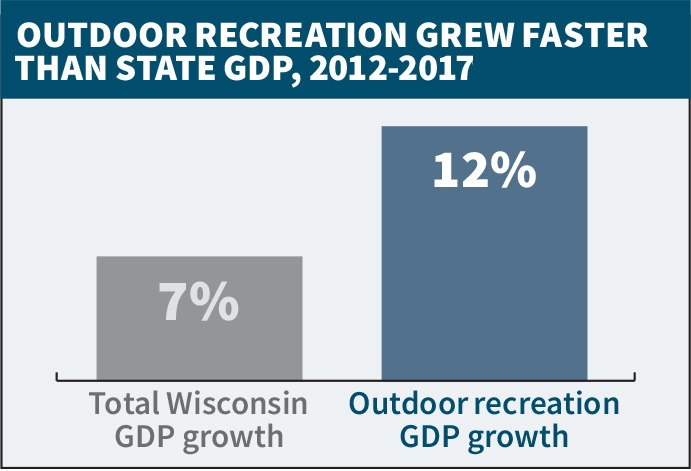

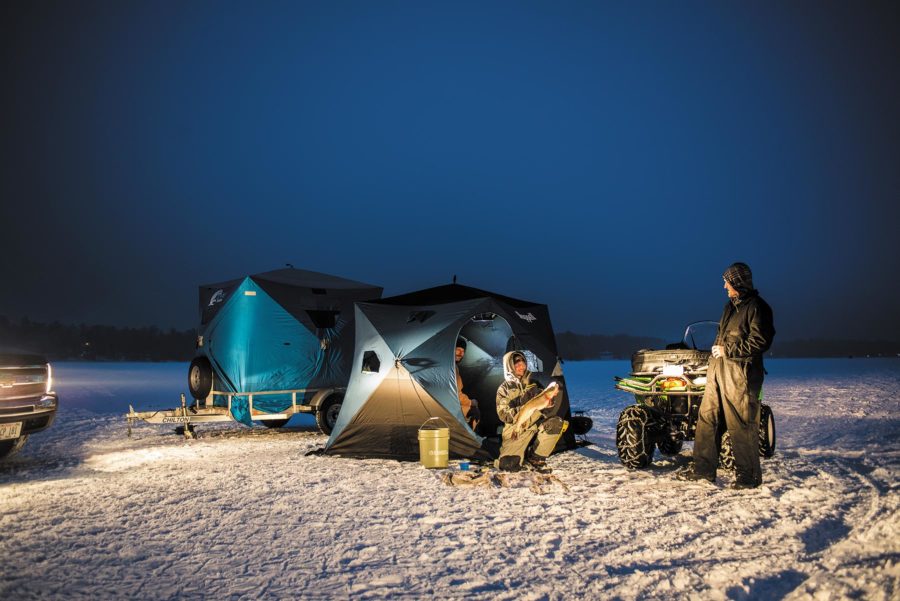
Outdoor recreation helps attract and retain diverse jobs.
Outdoor recreation supports more than tourism industries. The outdoor recreation economy in Wisconsin creates 93,000 jobs and contributes $3.9 billion in worker compensation across a variety of sectors in both rural and urban areas. These jobs would not exist were it not for the outdoor recreation industry.
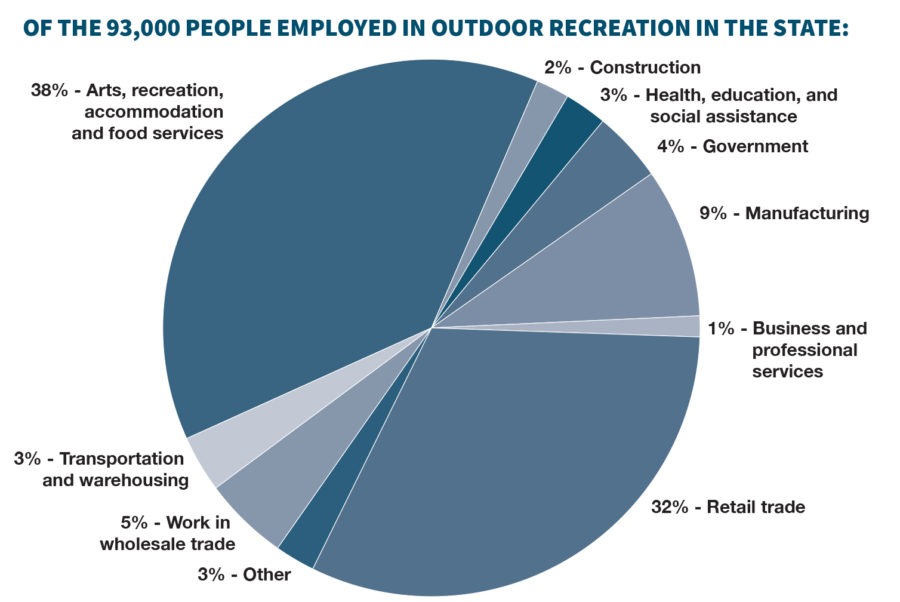
“As we continue to grow our healthcare community in northern Wisconsin, attracting excellent clinicians has been critical to our success. The access to trails right on the property is something that very few organizations can offer their employees. It is difficult to imagine a better scenario for those who love outdoor recreation.”
Luke Beirl
CEO Hayward Area Memorial HospitalHayward, WI
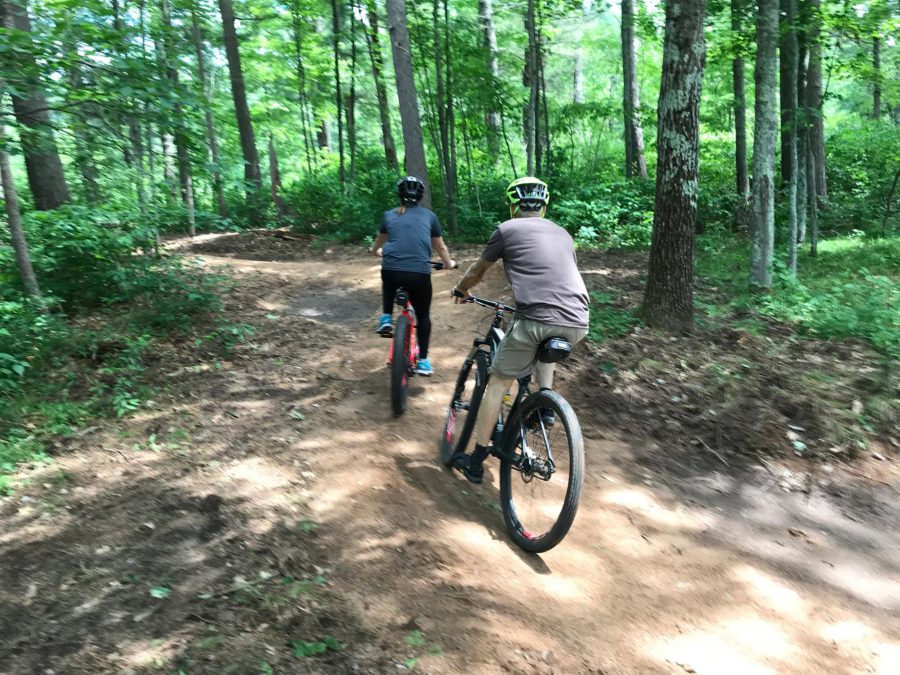
Wisconsin is a national powerhouse in outdoor recreation manufacturing.
Manufacturing is an essential part of the outdoor recreation economy in Wisconsin, providing nine out of every 100 jobs related to outdoor recreation in the state. Wisconsin ranks 5th in the U.S. for the share of all jobs in outdoor recreation-related manufacturing. Dozens of prominent outdoor companies are based in Wisconsin.
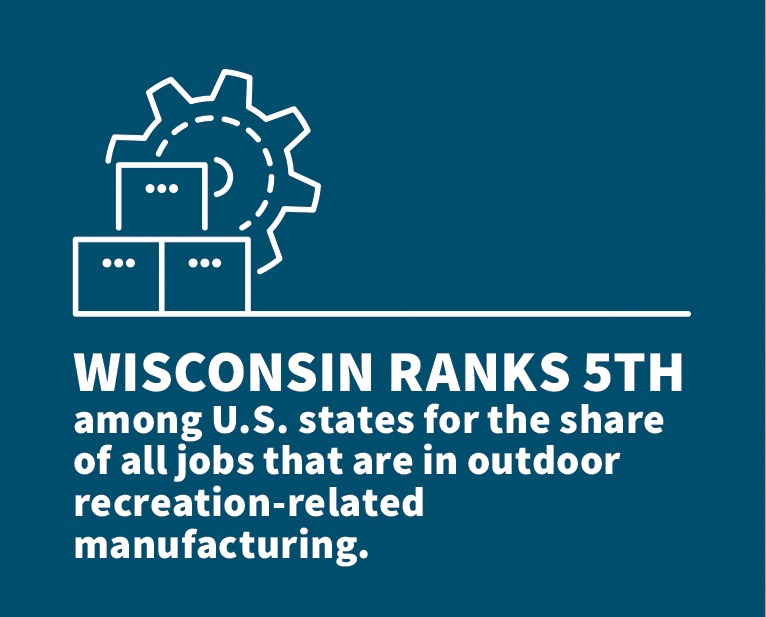
Manufacturing jobs are particularly valuable because, on average, they pay 19% higher wages than the rest of the economy. In 2017 the Bureau of Economic Analysis of the U.S. Department of Commerce estimated that 8,378 people working in manufacturing in Wisconsin were part of the outdoor economy. Collectively the compensation (salaries plus benefits) for these workers totaled just under $887 million dollars, which translates to $105,853 per employee.
“Basing our global headquarters in Wisconsin provides Trek the opportunity to recruit world-class talent and employees with a strong work ethic, as well as access to excellent road and mountain biking right out the back door.”
Bob Burns
Vice President, Trek BicyclesWaterloo, WI
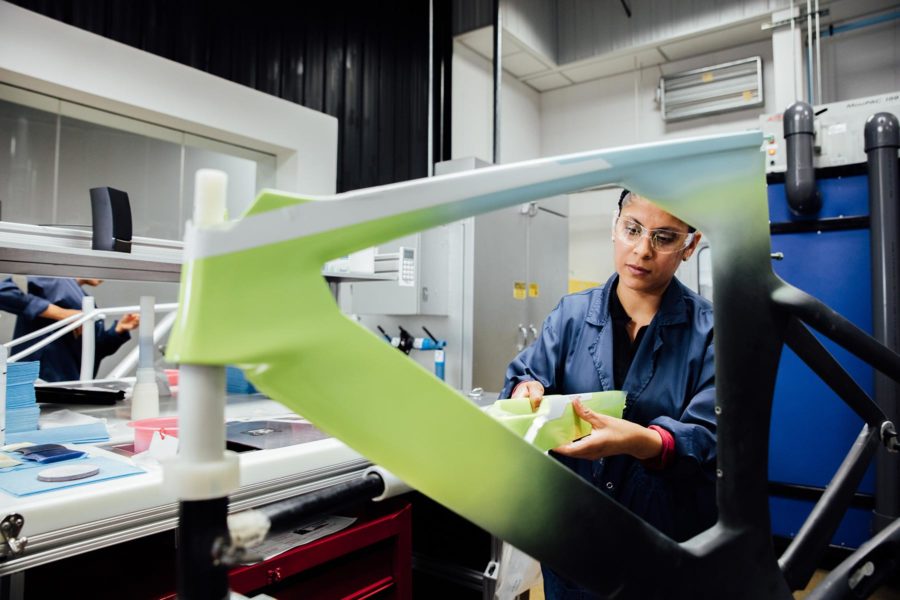
Outdoor recreation promotes rural economic development.
Wisconsin’s outdoor recreation opportunities are a competitive economic advantage for the state. Studies have shown that access to outdoor recreation and an outdoor lifestyle attract and retain local citizens; draw entrepreneurs who locate their business for quality of life considerations; and serve as an advantage for business owners to attract talented employees. These competitive advantages benefit both rural and urban areas—in Wisconsin many outdoor recreation manufacturing businesses are located in rural communities.
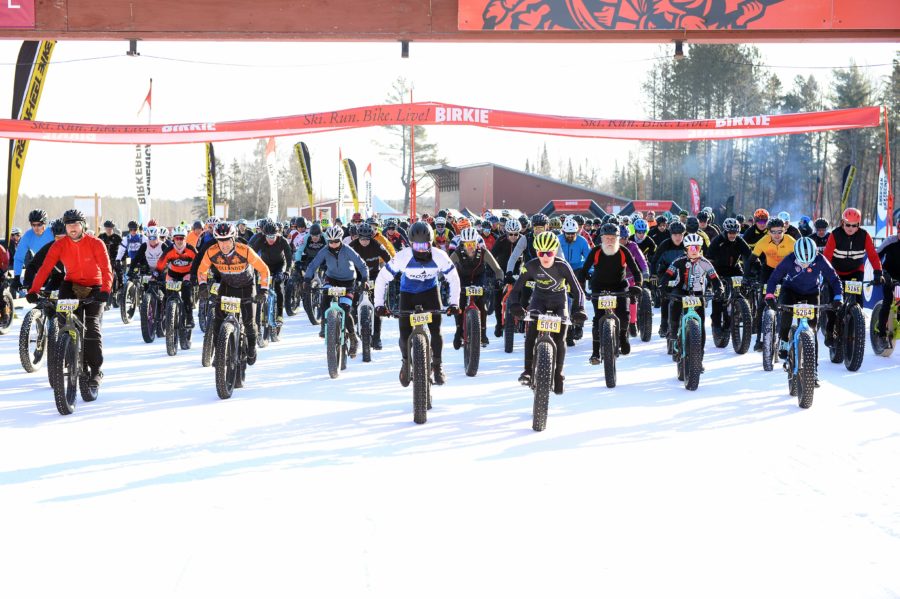
Now more than ever, the outdoors is essential for Wisconsin.
While the COVID-19 pandemic’s long-term impacts to Wisconsin are unknown, two things are clear: the outdoors is critical to health and well-being, and the recreation industry is poised to help lead the economic recovery.
Getting outside has never been more important. Wisconsin’s outdoors provides wide-open spaces where people can responsibly distance while enhancing physical, mental, and social well-being. Since the onset of the COVID-19 pandemic, people are seeking outdoor experiences in unprecedented numbers.
Even though Wisconsin’s economy was hit hard by the COVID-19 pandemic, the state’s outdoor recreation industry is seeing the economic impact of this amplified interest. Many businesses were greatly limited by changing recommendations, but those able to respond report increased demand for products, gear, and services.
This report was produced for the Wisconsin Office of Outdoor Recreation. Discussion of brands in this report are not an endorsement. For more information and for complete data sources, download the full report.
